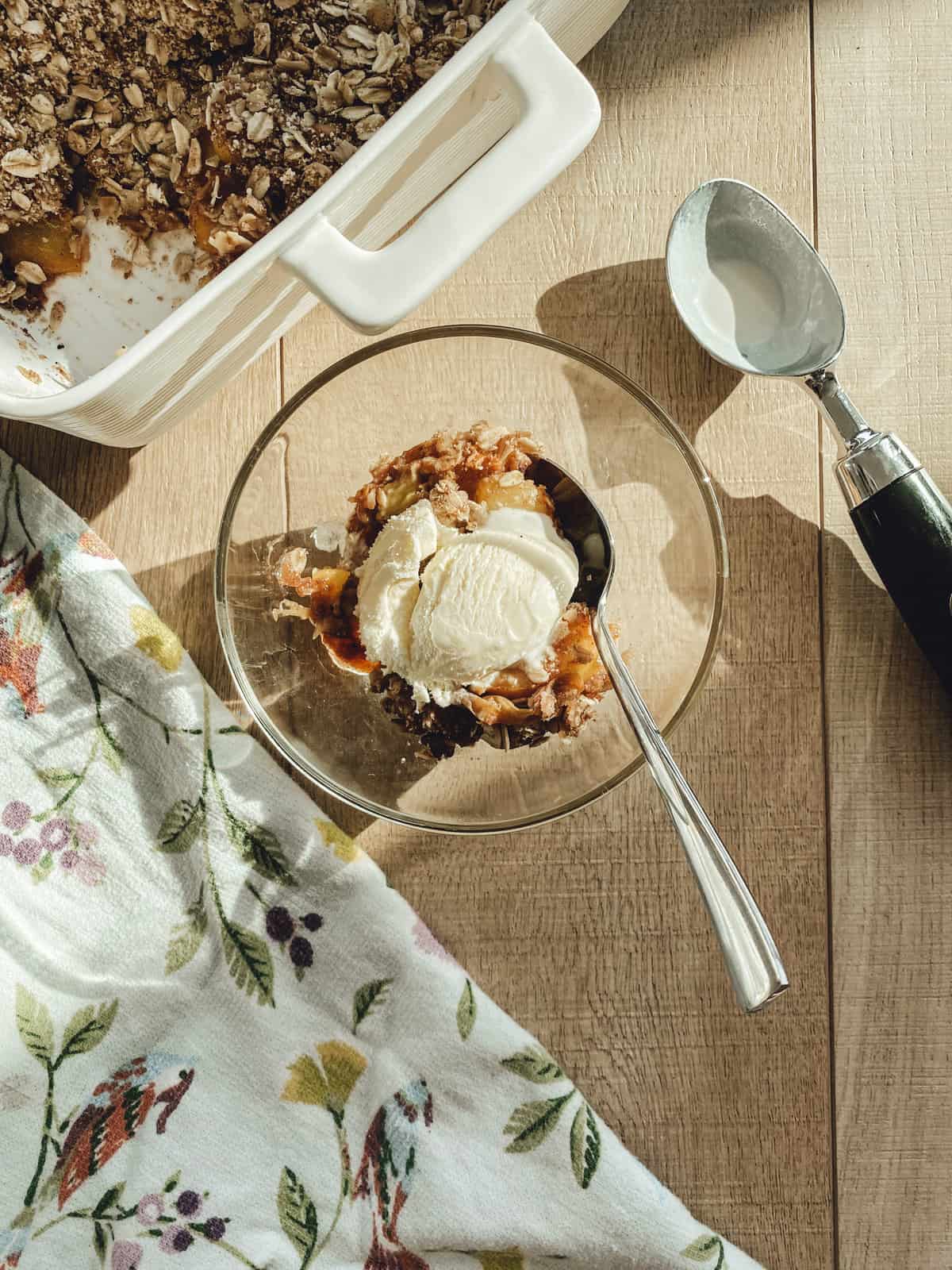
I have a confession to make: I’m generally an excellent sleeper.
However, a couple of weeks ago I was really struggling to fall asleep. You know that horrible cycle when you aren’t able to fall asleep, and then your mind starts going wild and you get anxious about how tired you’re going to be the next day, and that in turn, keeps you awake even longer? That’s the one I was falling into for a few days in a row and I noticed it really started to take a toll.
Everyone knows that sleep is important but it truly is one of the pillars of health and feeling well – it increases your cognitive functioning, regulates your emotions, strengthens your immune system, supports you in making logical decisions, resets your metabolism and re-calibrates your appetite. Those eight hours of shut eye are so crucial, yet can be allusive for many. I would be curious to know how many of us are not functioning at our best because we do not get enough sleep.
That being said, I thought it might be helpful to share some suggestions for getting more and richer beauty sleep. So without further ado, here are four tips to try:
1. Maintain routines.
This is my number one tip. In these days when our “normal life” is all over the place, it can throw our typical routines out of whack. All of a sudden, we’re staying up late, sleeping in more, not getting out of the house and feeling sluggish during the days. As much as you can incorporate your normal routine into your day-to-day life, the happier your body and mind are going to be. Go to bed at your normal time and set an alarm to wake up in the mornings. If you typically exercise in the mornings, get up and do that. Eat your meals at your usual times. Drink water throughout the day.
2. Talk to someone about how you’re feeling.
Most of us are feeling a lot of different emotions these days – you may not even be fully aware of the toll that is taking on you. When emotions get stored up in our body without a proper release, there is always an impact. For many, a symptom of this is difficulty sleeping. Trained counsellors all over the world have moved online to offer tele-therapy or therapy via video-conferencing. In this time when isolation has increased, an outlet to process your thoughts and feelings is more important than ever. A counsellor will also have some great tools to help you learn healthy emotional expression, relaxation strategies, and coping skills for anxiety. Many take insurance or offer rates on a sliding scale based on your financial resources in order to be more accessible to people at this time.
3. Avoid caffeine/nicotine/alcohol before bed.
Cutting out caffeine later in the day is an obvious one but sometimes we may be consuming things with caffeine when we do not realize it (i.e. sodas, some teas, chocolate). Try to cut out anything that may be caffeinated after dinner. Now, a glass of pinot noir in bed with my book in hand is my definition of a blissful evening. While a glass of wine can help you relax, if you’re really struggling to fall/stay asleep, that wine may be disrupting your REM cycle and your body may need a break from it in the evenings for the time being.
4. Move your body.
There are so many gyms/workout studios/fitness gurus offering online programming right now to do at home. It has never been easier to find a program to follow and most offer free trials or free workouts via platforms such as IGTV and do not require much (or any) equipment. Yoga with Adrienne on Youtube is totally free and one of my favourites to follow. Another great one is Melissa Wood Health for full body workouts. Getting outside and going for a walk is also easy as the days slowly start to warm up – at least 30 minutes of daylight is a key to regulating our daily sleep patterns.



